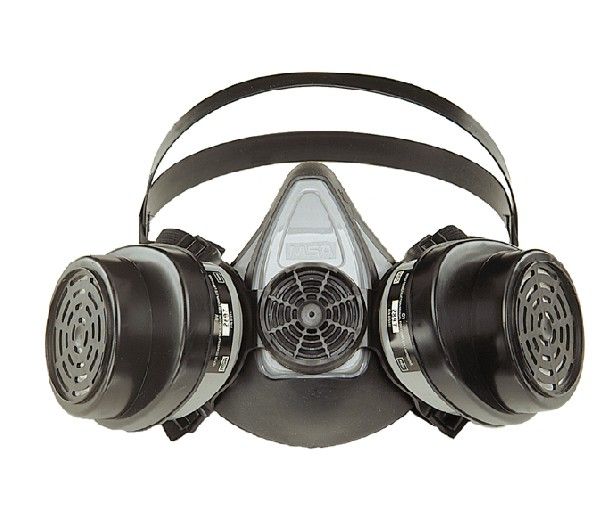jswordy
Senior Member
- Joined
- Jan 12, 2012
- Messages
- 10,039
- Reaction score
- 35,246
Top shelf wines like:

Story:
https://www.ecowatch.com/glyphosate...-sfRyUEaJRFLcET15KOFgvORVHZnHMQ1yMQ2u9znLeQTo
- Sutter Home Merlot: 51.4 ppb
- Beringer Founders Estates Moscato: 42.6 ppb
- Barefoot Cabernet Sauvignon: 36.3 ppb
- Inkarri Malbec, Certified Organic: 5.3 ppb
- Frey Organic Natural White: 4.8 ppb
Story:
https://www.ecowatch.com/glyphosate...-sfRyUEaJRFLcET15KOFgvORVHZnHMQ1yMQ2u9znLeQTo





